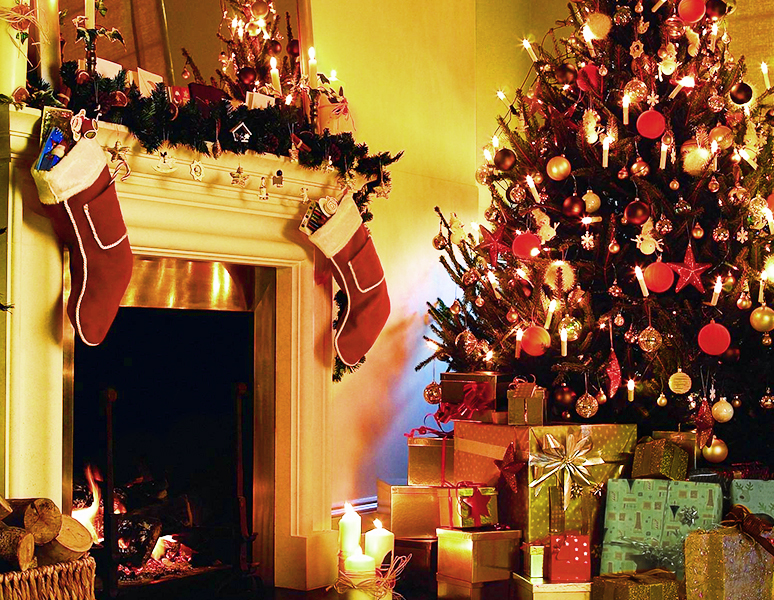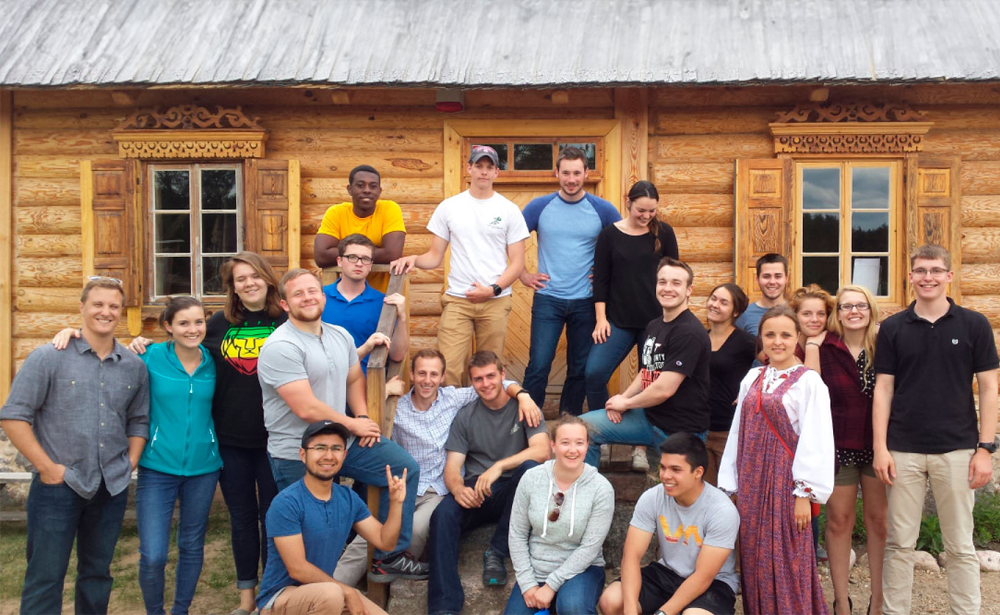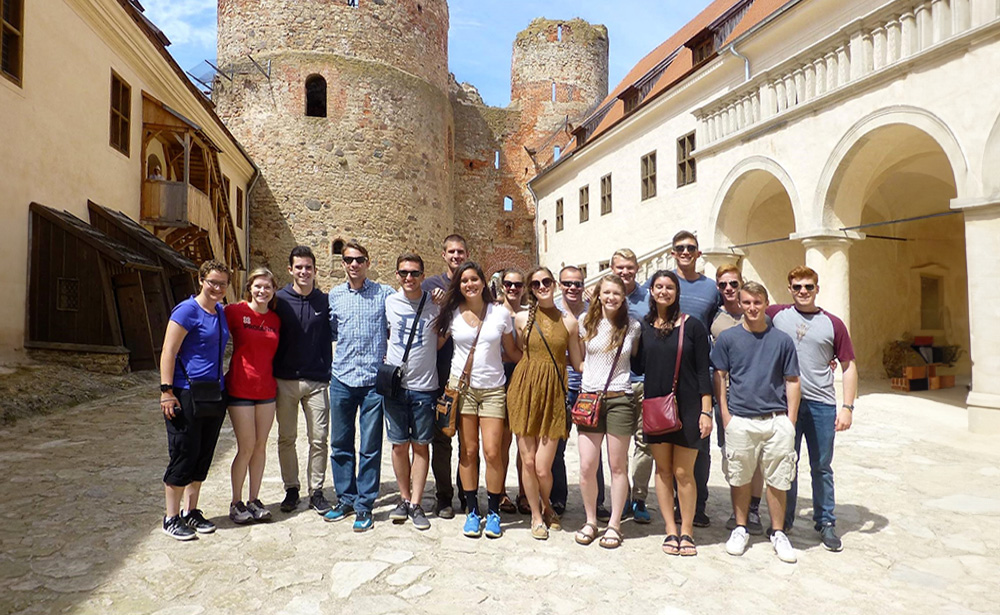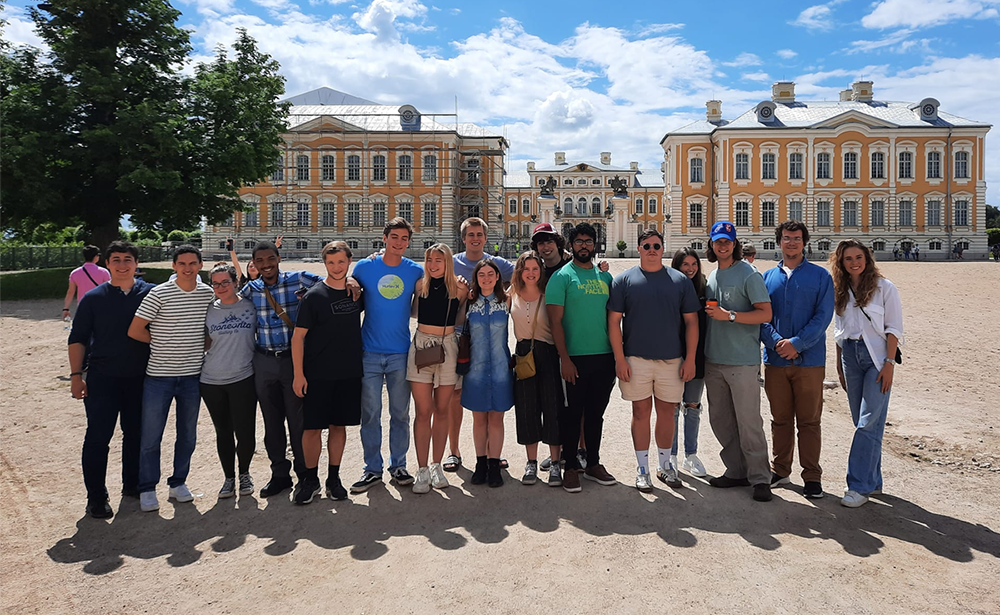How to wish Merry Christmas and a Happy New Year in Russian?
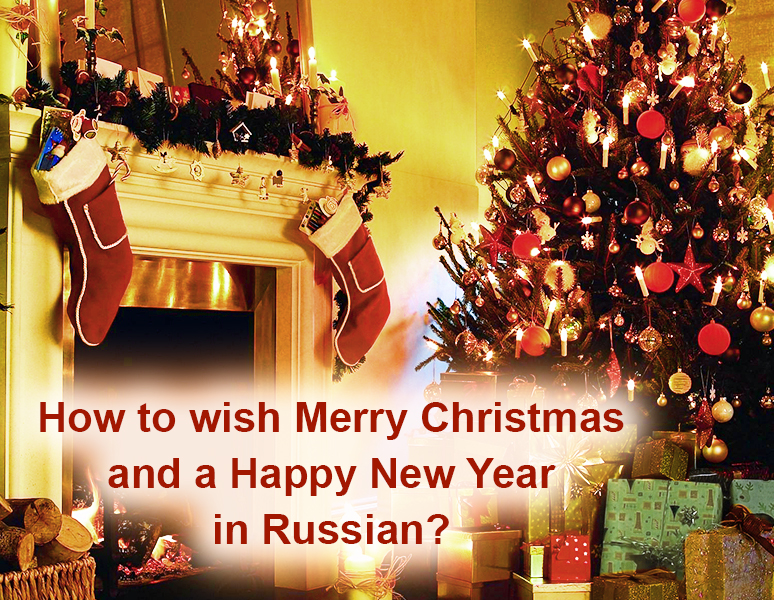
Christmas and New Year are among the most popular holidays for a lot of people. Traditions related to these holidays may vary in different countries. Today we are going to tell you how to wish Merry Christmas and a Happy New Year in Russian and how to celebrate these holidays.
Christmas
How to wish Merry Christmas?
In order to wish Merry Christmas you should use the following Russian phrases:
- «С Рождеством» [S Rozh-deh-stvOm] or «Счастливого Рождества» [ Schas – lI – vo -va Ra zh – dest – vA ] “Merry Christmas”.
To reply you should say:
- «И Вас также» [I vAs tA k – zhe ] “You, too” – formally;
- «И тебя также» [I te-byA tAk-zhe] “You, too” – informally.
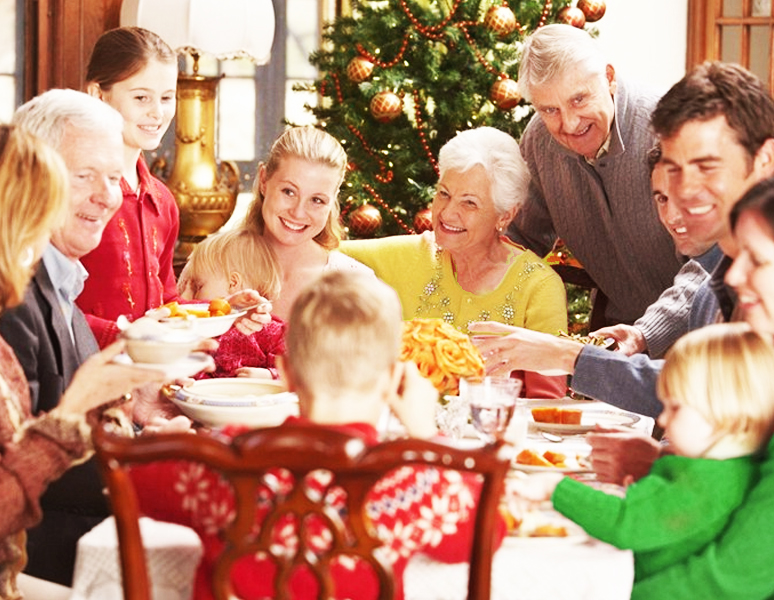
How do Catholics and Lutherans celebrate Christmas?
Christmas has a very rich religious and civil tradition in the Catholic and Lutheran cultures. This is an important holiday when all the family members gather for a festive dinner. On this day people eat fish and vegetable dishes as, according to the religious traditions, you can start eating meat only after the end of the Lent on December 25.
In the morning on December 25 people give presents to each other. It is very often that on this day all members of the extended family come together for dinner and on this day people can eat whatever they want.
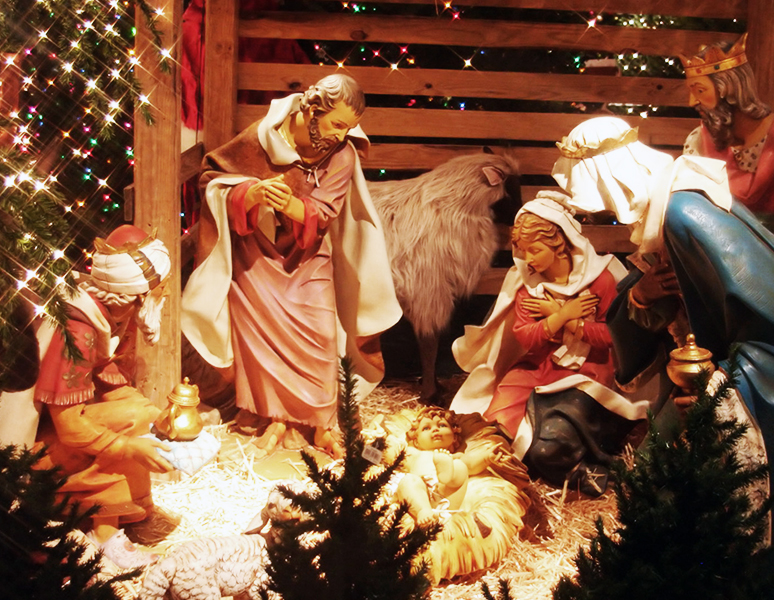
How do the Russian Orthodox celebrate Christmas?
For the Russian Orthodox, Christmas is a religious festival so they celebrate it among the congregation. Orthodox Christmas does not fall on the same day as the Catholic one and it is celebrated on January 7. The Russian Orthodox Church
For Christmas dinner Russians eat only Lenten dishes, salads, fish, and various kinds of soups. In some regions they eat the red borsch for Christmas dinner.
The Russian orthodox give presents to each other on a New Year Day, not on Christmas Day.
New Year

How to say Happy New year in Russian?
Russians say “Happy New year” before the New Year comes. In the Russian language there is a special phrase:
- «С наступающим» [S nas-tu-pA- yush – chim ] “the upcoming”.
You can hear this phrase anywhere a few days before the New Year. You can say this phrase to people you know and to those you don’t know. For example, you can say it to a shop assistant while paying for the stuff you have bought.
On the day people say to each other the following phrases:
- «С новым годом» [S nO-vym gO-dam] “Happy New year!”. They often add «с новым счастьем» [S nO-vym schAst-yem] “Ne Happiness coming too!”;
- «Счастливого нового года» [Schas-lI-vo-va NO-vo-go gO-da] “Happy New year!”
To reply you can use the same phrases that you use to reply for Christmas wishes.
By the way, if you don’t have a chance to wish somebody Happy New year on the New year day, you can do it after the new year saying:
- «С прошедшим» [S pro-shEd-shym] “Happy belated!”
How do people celebrate New Year?
New Year is one of the most popular festivals in Latvia that is celebrated everywhere. Unlike Christmas, it’s not only a family festival. On the last day of December large groups of friends come together to celebrate the first day of the New Year.
The festival usually lasts for the whole night. After the midnight people go to the city centre to watch the fireworks, and they may continue to celebrate the New Year until the morning.
At midnight people drink champagne, and there should be tangerines on the table.
After the midnight Russian also give presents to each other.
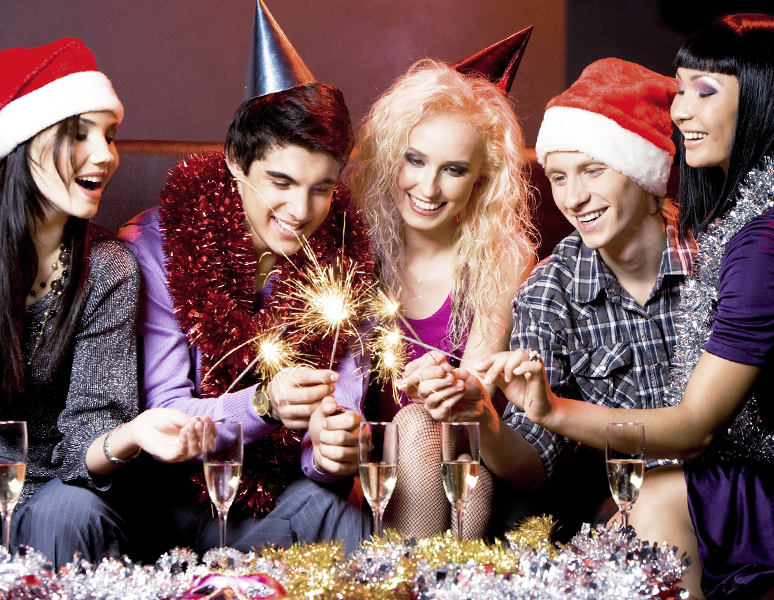
An interesting fact: we have not only two Christmas but also two new years. The first one – official, on January 1, and the second one – unofficial celebrated on January 14. The tradition appeared in 1918 when Russia transferred to the Gregorian calendar which was 13 days “ahead” of the Julian calendar used in Russian at that time. During the Soviet period this tradition spread among other people residing on the USSR territory.
Now you know what to expect of the winter festivals while you are in Latvia, and you know how to say Merry Christmas and a happy New Year in Russian to your colleagues, friends and host family.
You may be interested
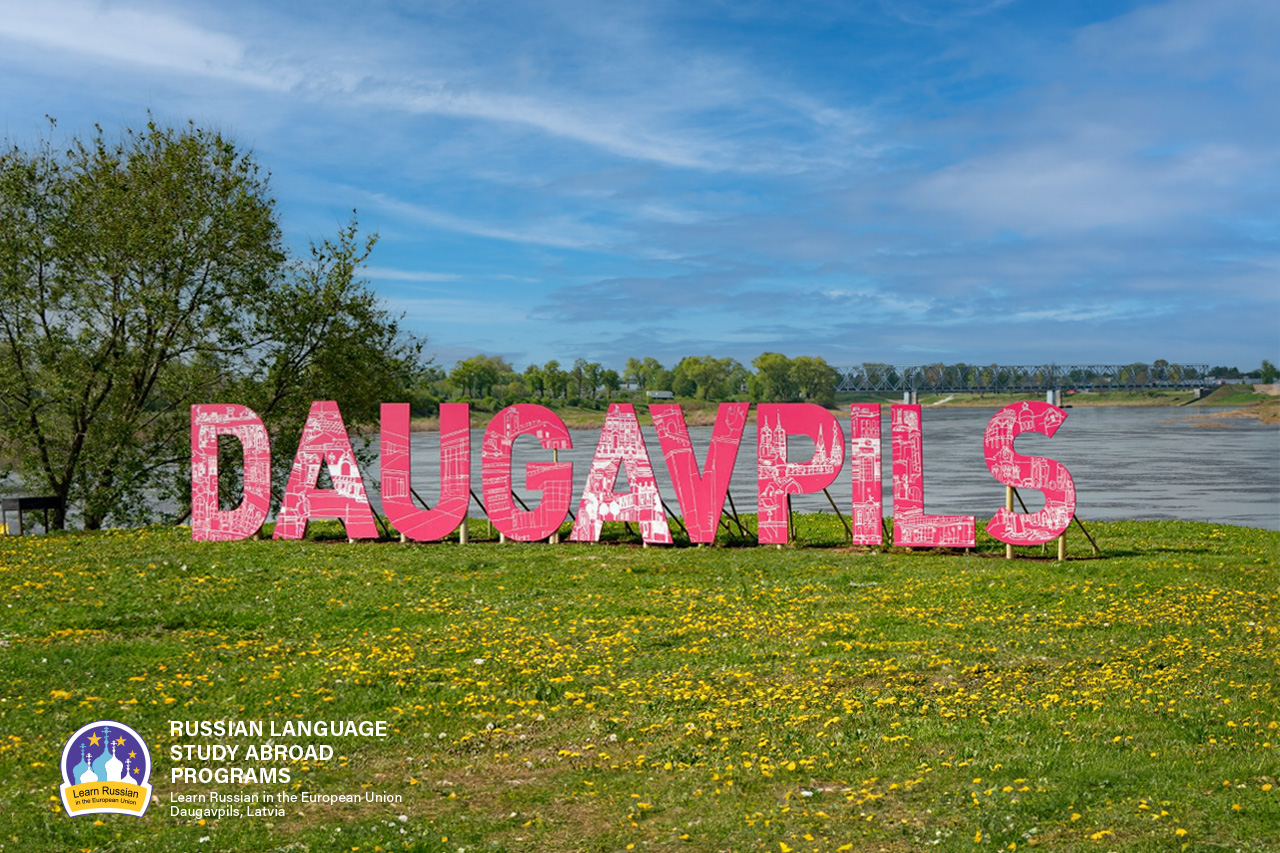
Why do people speak Russian in Daugavpils?
As it seems to us, Daugavpils is the best place to learn Russian now, because our city is situated in the EU and NATO, but at the same time 90% of the city’s population speak Russian at home.
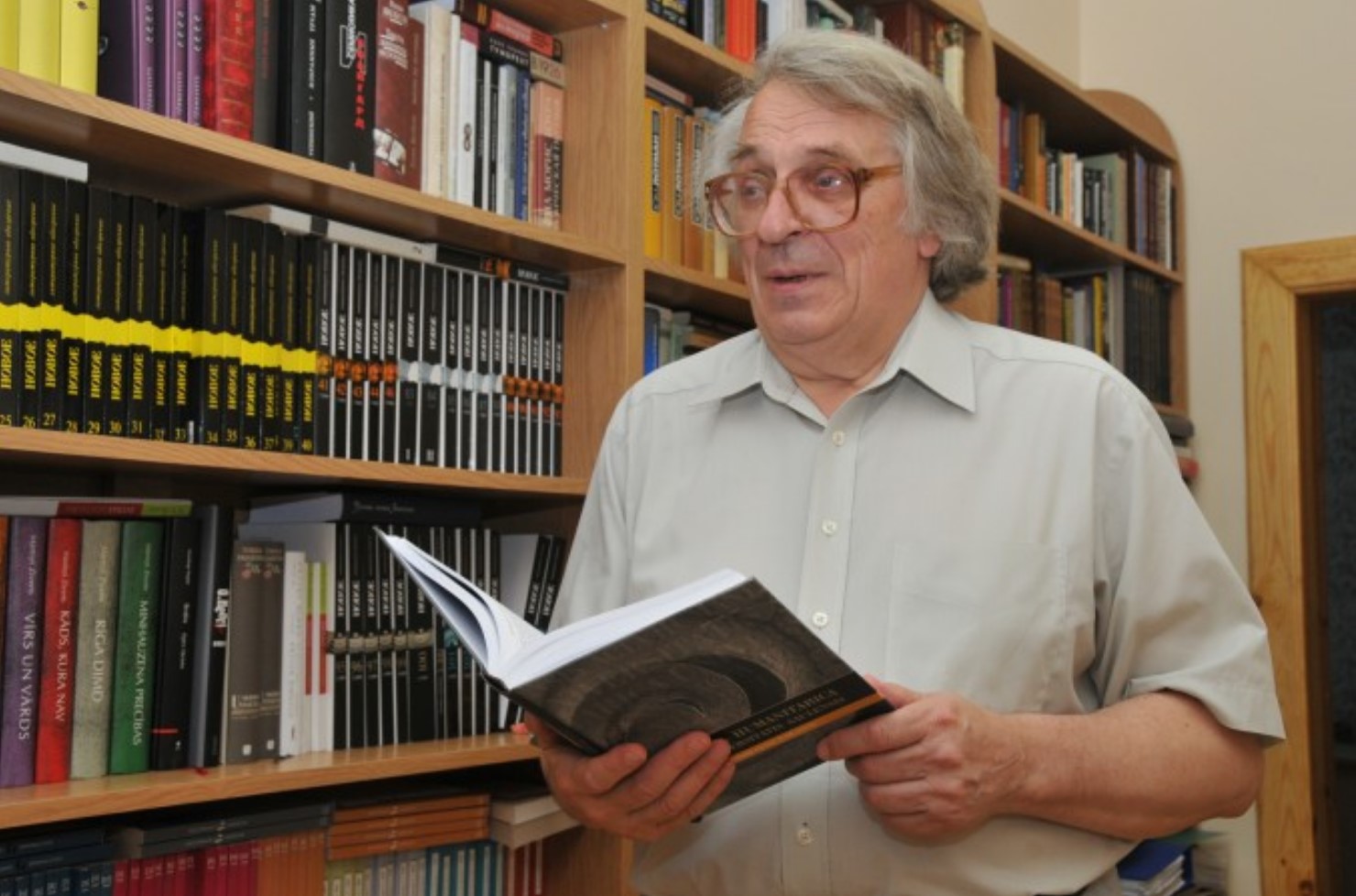
ЭТЮД О ДВИНСКЕ
Etude on Dvinsk by F.Fedorov
The Baltic region is one of the most catastrophe prone regions of the 2nd millennium, especially its second part; it is the centre of attraction of ‘geopolitical’ interests of the European world. Probably the most tragic fate has befallen to the eastern part of the present Latvia and its multi-titled town of Dinaburg – Dvinsk – Daugavpils. During its 730 years long history, the town went through five rather autonomous periods of development, five different lives (German, Polish, Russian, Latvian, Soviet), and at the beginning of the 1990s it entered into the 6th period.
The history of Dinaburg – Dvinsk – Daugavpils is the history of five attempts by the town to begin its life anew; and this is determined not only by the fact that the town was four times burned down and had to start life from scratch, but first and foremost because each of these periods was characterized by a total change of ethnos and the socio-cultural field.
The present article deals with the cultural space of the town in one of the most efficient periods of its development – from the 1860s till World War I.


